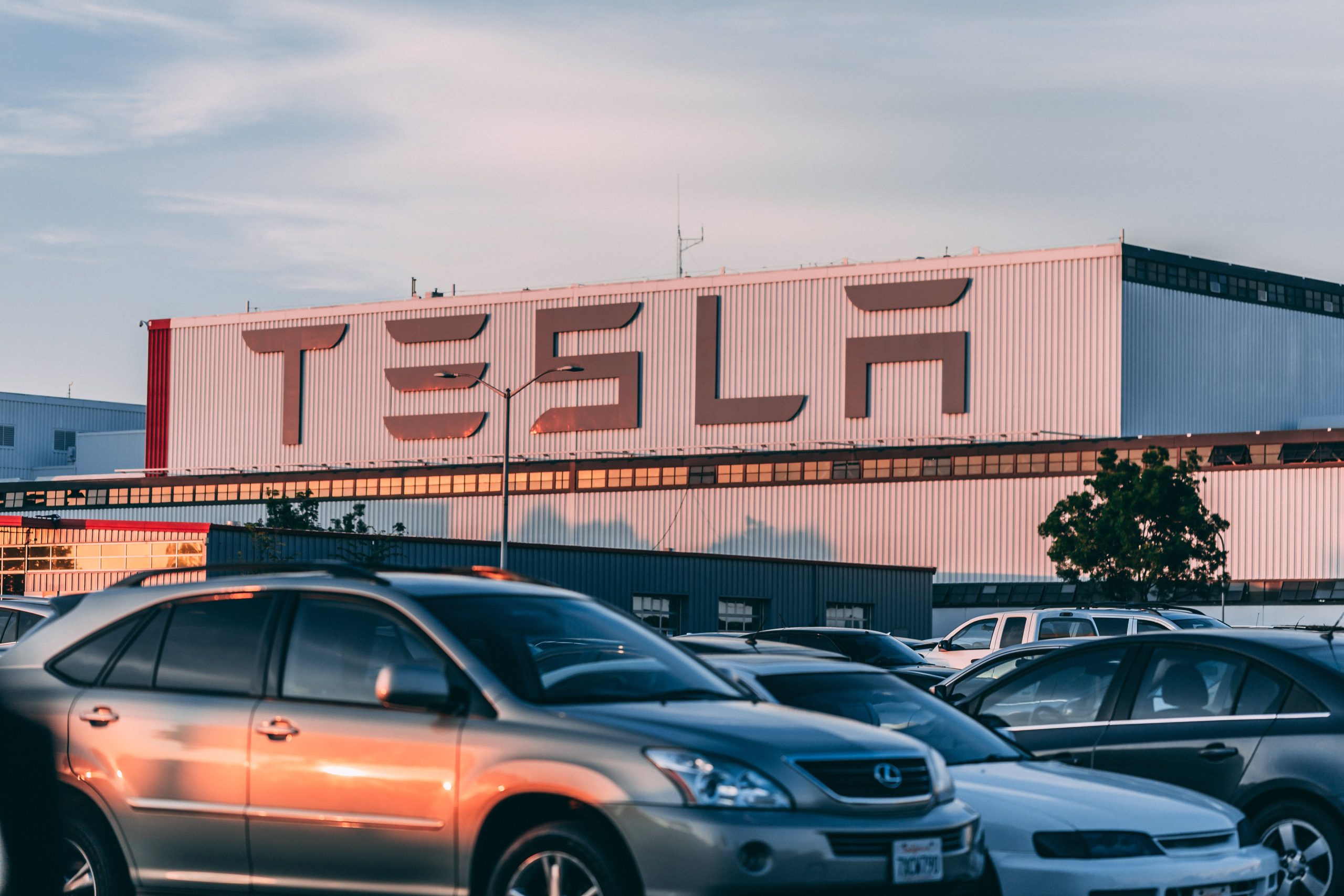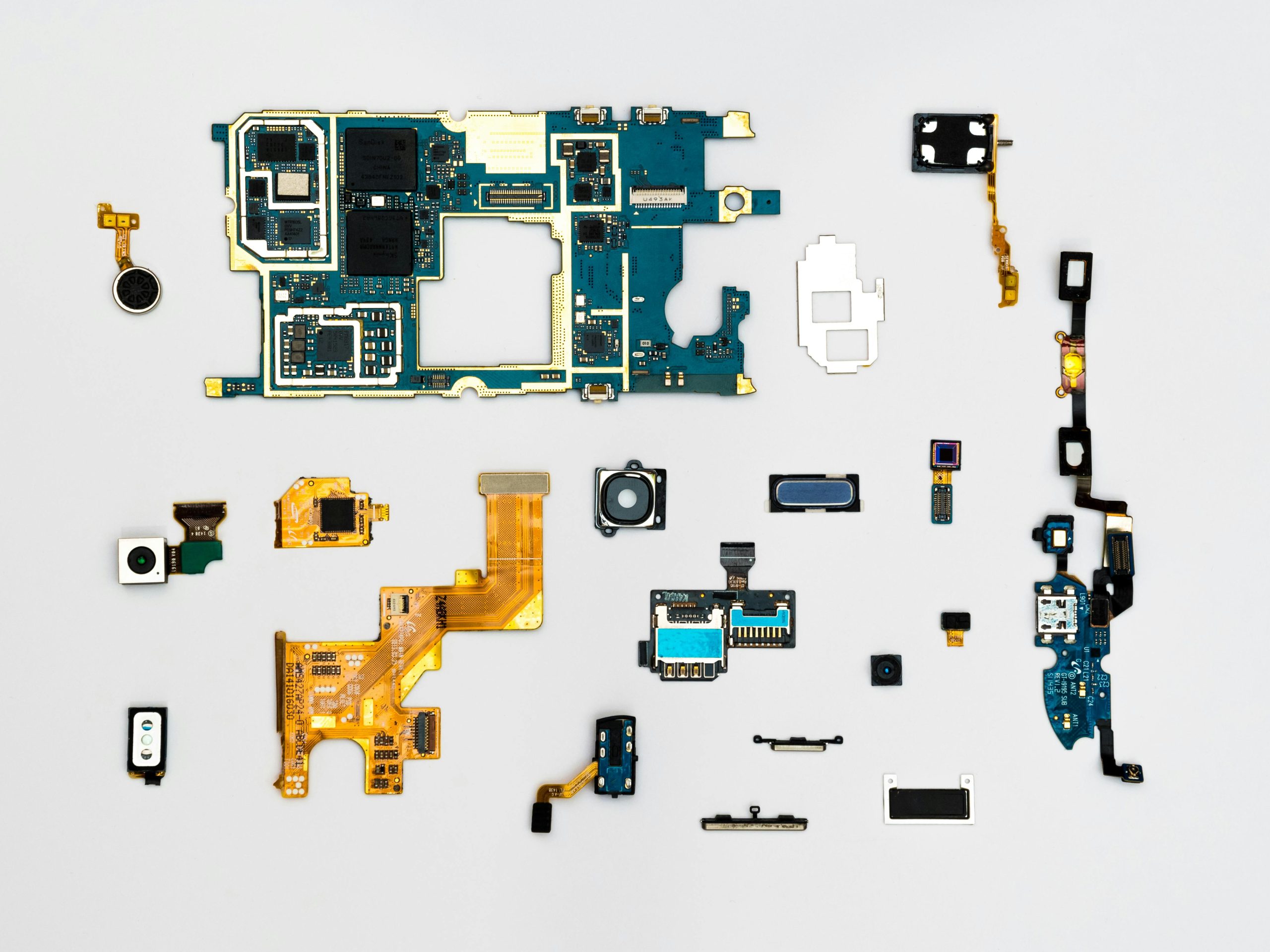Elon Musk once scoffed at the idea that a Chinese carmaker could compete with his Tesla. Now, the Chinese brand BYD, previously unheard of by many, is on track to become the world leader in electric vehicle sales. In the third quarter, the American Tesla sold 435,000 electric vehicles, while BYD, in which American billionaire Warren Buffett has a stake, delivered 431,600 purely electric cars. The difference is only 3,400 cars, barely one percent.
This gap is rapidly closing, and according to Bloomberg, BYD will likely surpass Tesla in the current quarter. While the growing export market is aiding the best-selling Chinese brand, Tesla is likely to experience production stagnation due to factory shutdowns.
BYD is expanding its reach, recently confirming plans to build its first European factory for passenger cars in Hungary. The plant in Szeged is expected to create thousands of new jobs. According to Petr Knap, an automotive industry expert from consulting firm EY, BYD excels in battery technology, making it the most formidable competitor for Tesla.
Chinese cars compete in both technology and price. For example, the compact hatchback Dolphin with a range of 430 kilometers sells in the European Union for around 30,000 euros, while Tesla’s best-selling model, the Model Y, costs around 1.2 million crowns. State subsidies from Beijing also contribute to lower prices, a practice that Tesla also benefits from in its Chinese production.
BYD is making its mark on European roads, particularly in Norway, Sweden, and the Benelux countries. Although not yet available in the Czech Republic due to low support for electromobility, BYD has a significant presence in Spain, Germany, and Austria.
The success of BYD is attributed to Chinese billionaire Wang Chuan-fu, who founded the automaker in 1995. Initially working for the government as a researcher of rare metals essential for battery and electronics production, he started the company with a loan from a friend. Wang Chuan-fu’s current estimated wealth is $14.8 billion.
While Tesla currently outperforms BYD in crucial financial indicators such as revenue and market value, analysts predict these differences will narrow next year. Despite Tesla’s estimated revenue of $114 billion, two billion higher than BYD’s, the Chinese automaker has already surpassed Tesla in terms of models with hybrid propulsion.
The upcoming factory in Europe, near Budapest, faced competition from France and Germany. However, Hungary’s favorable policy towards the Chinese government secured the deal. China is a major foreign investor in Hungary, building factories for electric vehicle batteries, and BYD already manufactures electric buses in the country.
This expansion into the EU poses a challenge not only to Tesla but also to other European automakers, led by Volkswagen and its subsidiary Škoda Auto.
Photo source: www.pexels.com






OR CONTINUE READING